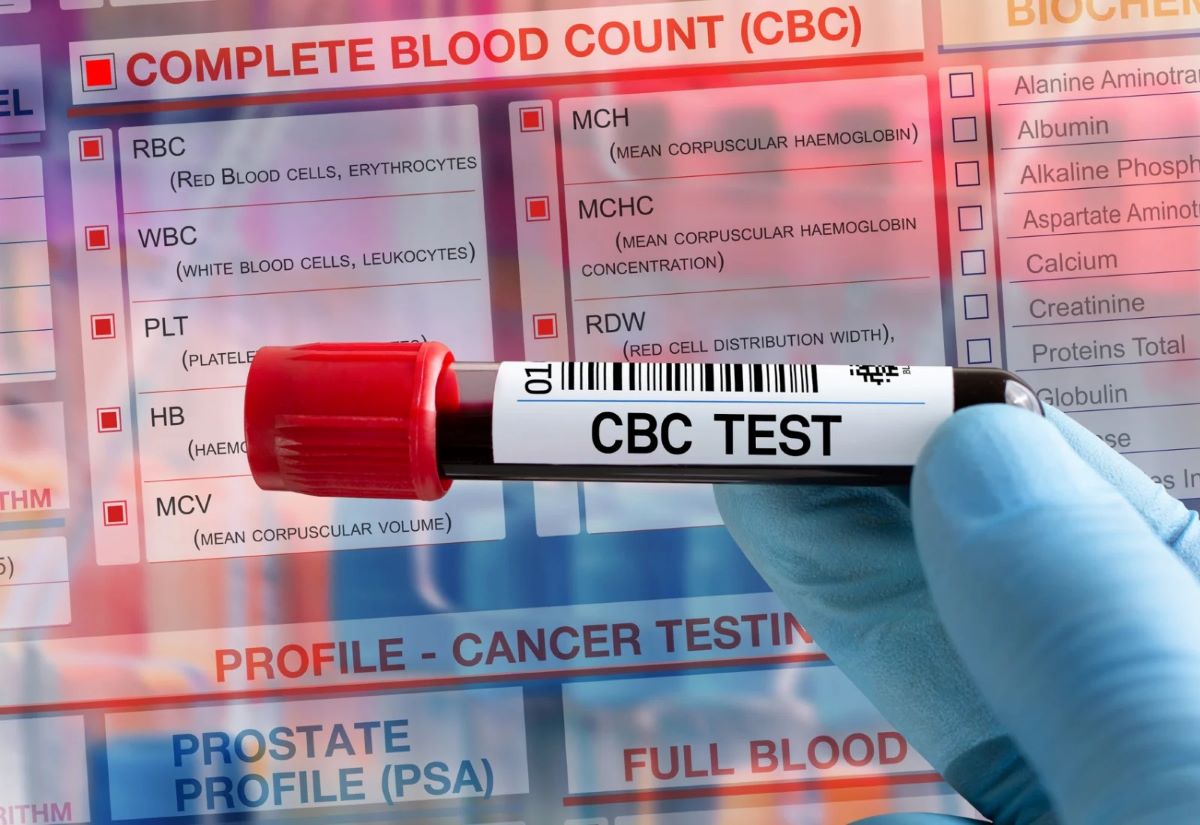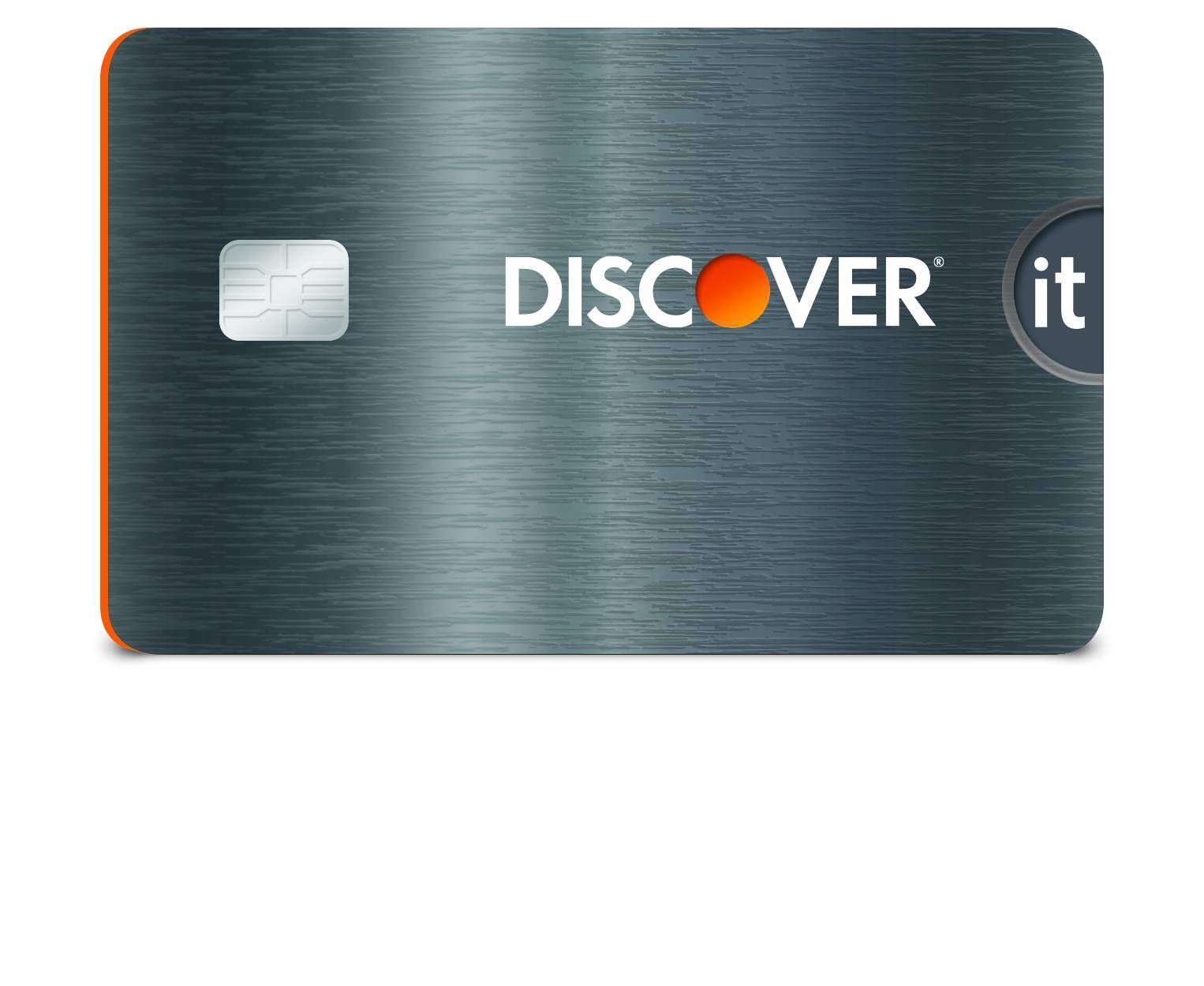Home>Finance>How Much Does Lisinopril 20Mg Cost Without Insurance?


Finance
How Much Does Lisinopril 20Mg Cost Without Insurance?
Published: November 28, 2023
Find out the cost of Lisinopril 20mg without insurance and manage your finances effectively. Compare prices and save on your prescription medication.
(Many of the links in this article redirect to a specific reviewed product. Your purchase of these products through affiliate links helps to generate commission for LiveWell, at no extra cost. Learn more)
Table of Contents
Introduction
Welcome to our comprehensive guide on the cost of Lisinopril 20mg without insurance. Lisinopril is a commonly prescribed medication used to treat high blood pressure and certain heart conditions. It belongs to a class of drugs known as ACE inhibitors, which help relax blood vessels and improve blood flow.
Healthcare costs can be a major concern for individuals who do not have health insurance coverage. Prescription medications, including Lisinopril 20mg, can be expensive, making it difficult for some individuals to access the necessary treatment. In this article, we will explore the factors affecting the cost of Lisinopril 20mg without insurance and provide you with options to reduce these expenses.
Whether you are currently uninsured or simply curious about the cost of Lisinopril 20mg, this article will equip you with the knowledge to make informed decisions about your healthcare.
If you already have a health insurance plan, it’s essential to familiarize yourself with your coverage details. Understanding your policy will help you determine your out-of-pocket costs for prescription medications like Lisinopril 20mg. However, for those without insurance coverage, finding affordable options becomes crucial to maintaining their health and well-being.
So, let’s dive into the details and explore the cost of Lisinopril 20mg without insurance and how you can potentially save money on this medication.
Understanding Lisinopril
Lisinopril is a medication used to lower high blood pressure (hypertension) and treat certain heart conditions. It belongs to a class of drugs known as ACE inhibitors, which work by relaxing and widening blood vessels, allowing blood to flow more freely. This, in turn, helps lower blood pressure and reduces the workload on the heart.
High blood pressure can lead to serious health complications if left untreated. It increases the risk of stroke, heart attack, kidney problems, and other cardiovascular diseases. By effectively managing blood pressure with medications like Lisinopril, individuals can reduce these risks and improve their overall health.
Lisinopril is often prescribed as a once-daily medication, usually in the form of 20mg tablets. It can be taken with or without food, but it’s important to follow your healthcare provider’s instructions for the best results.
It’s crucial to note that Lisinopril should only be taken under the guidance and prescription of a healthcare professional. They will assess your medical history, current health condition, and any other medications you may be taking to determine the appropriate dosage and ensure your safety.
Lisinopril is available in both generic and brand-name forms, with the generic version typically being more affordable. Generic medications contain the same active ingredients as their brand-name counterparts and must meet the same quality and safety standards set by regulatory authorities.
Now that we have a basic understanding of Lisinopril, let’s explore how health insurance plays a vital role in accessing this medication and why it’s important to have coverage in place.
The Importance of Health Insurance
Health insurance is a crucial component of financial stability and healthcare access. It provides individuals with the necessary financial protection and coverage for medical expenses, including prescription medications like Lisinopril 20mg.
Having health insurance offers numerous benefits, such as:
- Financial Protection: Health insurance helps protect individuals from exorbitant medical costs. Without insurance, paying for medical treatments, medications, and doctor visits out of pocket can quickly drain one’s savings or lead to significant debt.
- Access to Primary Care: With health insurance, individuals can access primary care physicians for routine check-ups and preventive care. Regular check-ups are essential for monitoring blood pressure and overall health, helping to prevent serious health complications.
- Prescription Medication Coverage: Health insurance typically includes coverage for prescription medications, including essential drugs like Lisinopril 20mg. This coverage significantly reduces the out-of-pocket cost, making it more affordable for individuals who need ongoing medication management.
- Specialist Care and Hospitalization: Health insurance provides access to specialized care and hospitalization if necessary. In the case of cardiovascular conditions, it may be critical to consult with cardiologists and receive specialized treatments or surgeries, which can be costly without insurance.
- Emergency Services Coverage: Health insurance ensures coverage for emergency room visits and urgent care services, allowing individuals to seek immediate medical attention without worrying about the financial burden.
While health insurance is essential, not everyone may have access to it. Some individuals may be ineligible for employer-sponsored plans, unable to afford private insurance, or may have recently lost their coverage due to various circumstances.
In the next section, we will explore the cost of Lisinopril 20mg without insurance and discover the factors that can impact its affordability.
Lisinopril 20mg Pricing
The pricing of Lisinopril 20mg can vary depending on several factors, including the pharmacy you visit, your location, and whether you have health insurance coverage. It’s important to note that prices can fluctuate over time due to market conditions and other factors.
On average, the cost of a 30-day supply of Lisinopril 20mg tablets can range from $10 to $50 without insurance. However, prices can be higher at certain pharmacies or in areas with a higher cost of living.
It’s worth noting that generic versions of Lisinopril 20mg are typically more affordable compared to brand-name options. Generic drugs contain the same active ingredients and are regulated by the Food and Drug Administration (FDA) to ensure their safety and effectiveness.
When comparing prices, it’s essential to consider purchasing your medication from reputable sources. Prices may vary between different pharmacies, including local brick-and-mortar pharmacies, online pharmacies, and mail-order prescription services. Some pharmacies may offer discount programs or coupons that can help reduce the overall cost of Lisinopril 20mg.
However, it’s important to exercise caution when considering extremely low-priced medication from sources that may not be licensed or trusted. Counterfeit or substandard drugs can pose serious health risks and may not have the intended therapeutic effects.
Now that we have an overview of Lisinopril 20mg pricing, let’s explore the factors that can affect its cost without insurance coverage.
Factors Affecting Lisinopril 20mg Cost without Insurance
Several factors can influence the cost of Lisinopril 20mg without insurance coverage. Understanding these factors can help you navigate the pricing landscape and potentially find more affordable options. Here are some key factors to consider:
- Pharmacy Pricing: Different pharmacies may price medications differently. This can be due to various factors such as their business model, location, and supplier agreements. It’s recommended to compare prices between pharmacies to find the best deal.
- Geographical Location: The cost of medications can vary depending on your geographical location due to differences in living costs and local market factors. Prices may be higher in urban areas compared to rural areas.
- Prescription Discount Programs: Some pharmacies offer prescription discount programs that can help reduce the cost of medications, including Lisinopril. These programs may be available to individuals without insurance or those with high out-of-pocket expenses.
- Manufacturers and Generic Options: The availability of generic versions of Lisinopril can significantly impact the cost. Generic drugs are typically more affordable than brand-name medications, as they are produced by different manufacturers and do not carry the same marketing and development costs.
- Formulation and Dosage: The specific formulation and dosage of Lisinopril can affect its price. Different strengths and package sizes may have varying costs, so it’s important to discuss with your healthcare provider whether there are alternative dosages or forms that may be more cost-effective.
- Purchasing in Bulk: Buying a larger supply of Lisinopril 20mg may lead to discounted pricing. Some pharmacies offer lower unit costs when medications are purchased in larger quantities, such as a 90-day supply instead of a 30-day supply.
Considering these factors, it’s crucial to explore all possible avenues to mitigate the cost of Lisinopril 20mg when you don’t have insurance coverage. Next, we will discuss various options that can help reduce the cost of this medication without insurance.
Options for Reducing Lisinopril 20mg Cost without Insurance
If you don’t have health insurance coverage, there are several options available to help reduce the cost of Lisinopril 20mg. Consider the following strategies to make this medication more affordable:
- Use Prescription Discount Cards or Programs: Prescription discount cards and programs can provide significant savings on prescription medications, including Lisinopril. These programs often require a membership or enrollment but can offer substantial discounts at participating pharmacies.
- Explore Generic Medication Options: Generic versions of Lisinopril are typically more affordable compared to brand-name counterparts. Ask your healthcare provider if a generic alternative is available and safe for you to use. Generic drugs have the same active ingredients and undergo the same regulatory standards as brand-name medications.
- Shop Around for Lower Prices: Compare prices at different pharmacies or online platforms to find the most competitive offers. Some pharmacies may have special promotions or pricing plans that can help you save money on your medication.
- Consider Mail-Order Pharmacies: Mail-order pharmacies often offer discounted prices on prescription medications, including Lisinopril. By ordering your medication in larger quantities, such as a 90-day supply, you may be able to reduce the per-unit cost.
- Inquire About Patient Assistance Programs: Some pharmaceutical manufacturers offer patient assistance programs for individuals who meet specific income criteria. These programs provide discounted or even free medications to eligible individuals. Check the manufacturer’s website or contact them directly for more information.
- Discuss with Your Healthcare Provider: Openly discuss your financial concerns with your healthcare provider. They may be able to suggest alternative medications, adjust the dosage, or explore other cost-saving options based on your specific situation.
- Check for Government Assistance Programs: Depending on your income and eligibility, you may qualify for government assistance programs that provide financial aid for prescription medications. Programs such as Medicaid or Medicare can help offset the cost of Lisinopril 20mg.
Remember, it’s crucial to consult with your healthcare provider before making any changes to your medication regimen or exploring alternative options. They can provide guidance based on your individual needs and medical history.
By utilizing these options and exploring different avenues to reduce the cost of Lisinopril 20mg, you can make this essential medication more accessible and affordable, even without health insurance coverage.
Conclusion
The cost of Lisinopril 20mg without insurance coverage can be a concern for many individuals. However, there are options available to help make this medication more affordable and accessible.
Exploring prescription discount programs, considering generic medication options, shopping around for lower prices, and utilizing mail-order pharmacies are just a few strategies to reduce the cost of Lisinopril 20mg. Additionally, patient assistance programs and government assistance programs can provide financial aid for those who qualify.
While it’s important to find cost-effective solutions, it’s equally crucial to prioritize your health and safety. Always consult with your healthcare provider before making any changes to your medication and discuss any financial concerns you may have.
Remember, health insurance plays a vital role in providing financial protection and access to essential healthcare services and medications. It is recommended to have insurance coverage in place to mitigate potential financial burdens.
By being proactive, exploring different options, and seeking assistance when needed, you can navigate the cost of Lisinopril 20mg without insurance and ensure that you can access this important medication to manage your blood pressure and overall health.
Disclaimer: The information in this article is for informational purposes only and should not be considered as medical advice. Always consult with your healthcare provider for personalized guidance on your specific health condition and medication needs.














